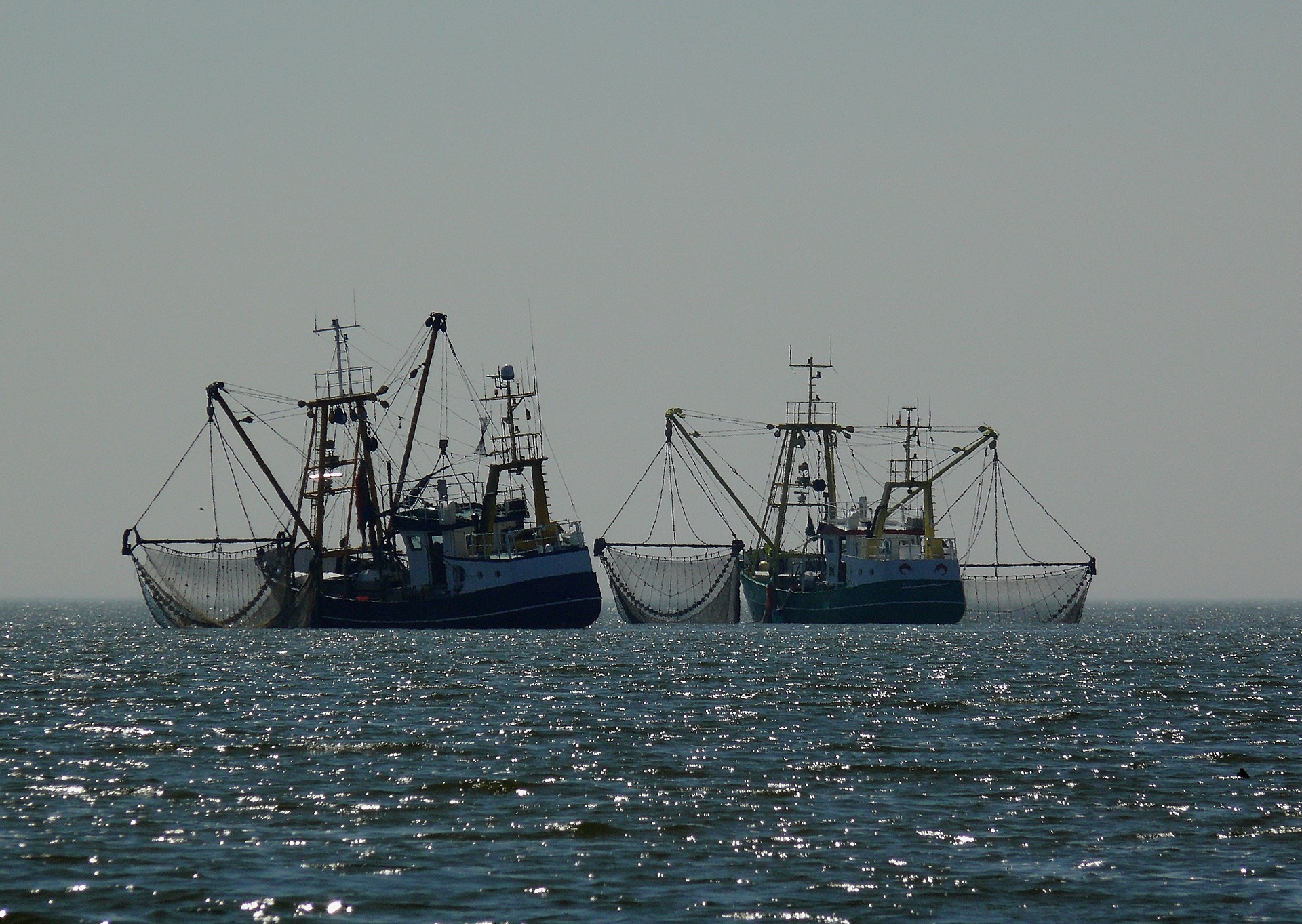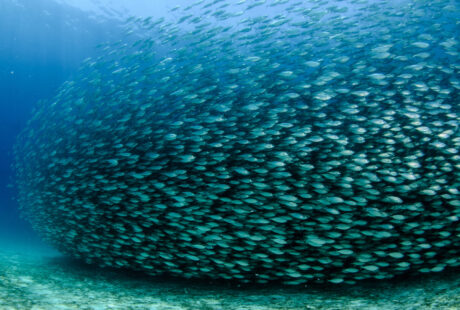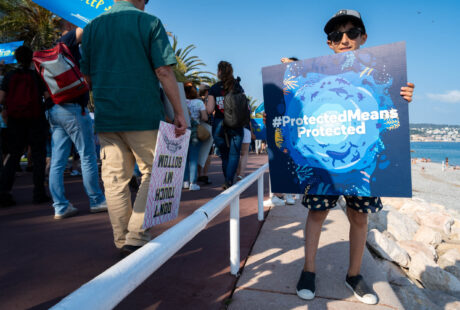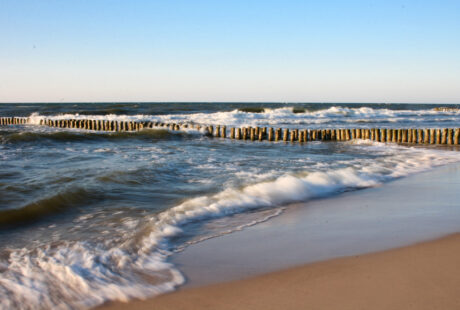The European Parliament recently approved new legislation on the management of fisheries in the North Sea. The multi-annual plan (MAP) is the second such programme, after the earlier Baltic plan. Both bills undermine the objectives of the Common Fisheries Policy, a central tenet of which is to end overfishing.

The new legislation fails to ensure sustainable management for all North Sea demersal fish, thus for the species that live near the seafloor. The plan allows fishing limits to be set above the fishing mortality corresponding to the Maximum Sustainable Yield reference point (which indicates the point at which a given stock would be overfished). The North Sea MAP prevents overfishing for only certain stocks, while applying lower management targets to so-called by-catch stocks. Therefore, while the plan may prevent certain fish stocks in the North Sea from collapsing, it will not end overfishing.
The European Parliament had earlier agreed on much more ambitious targets that aligned with the Common Fisheries Policy. During the trilogue negotiations, however, the agreement was strongly skewed towards the position of the Council. The impact of the MAP will become evident at the next Fisheries Council meeting in December 2018, when European Fisheries Ministers agree future catch limits.
The legislation affects countries along Europe’s northern coast, including the UK, Denmark, Ireland, France and the Netherlands.
Posted on: 1 June 2018



